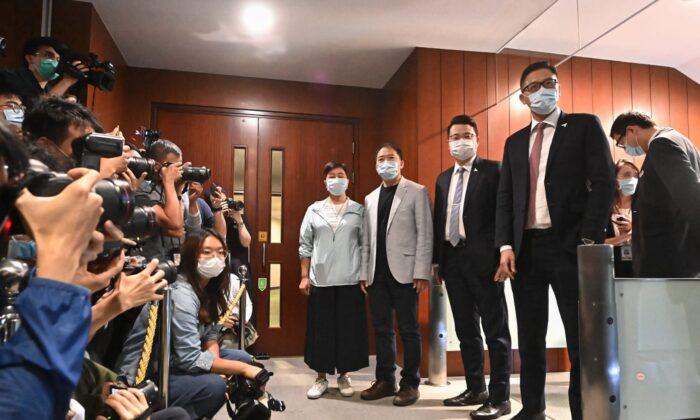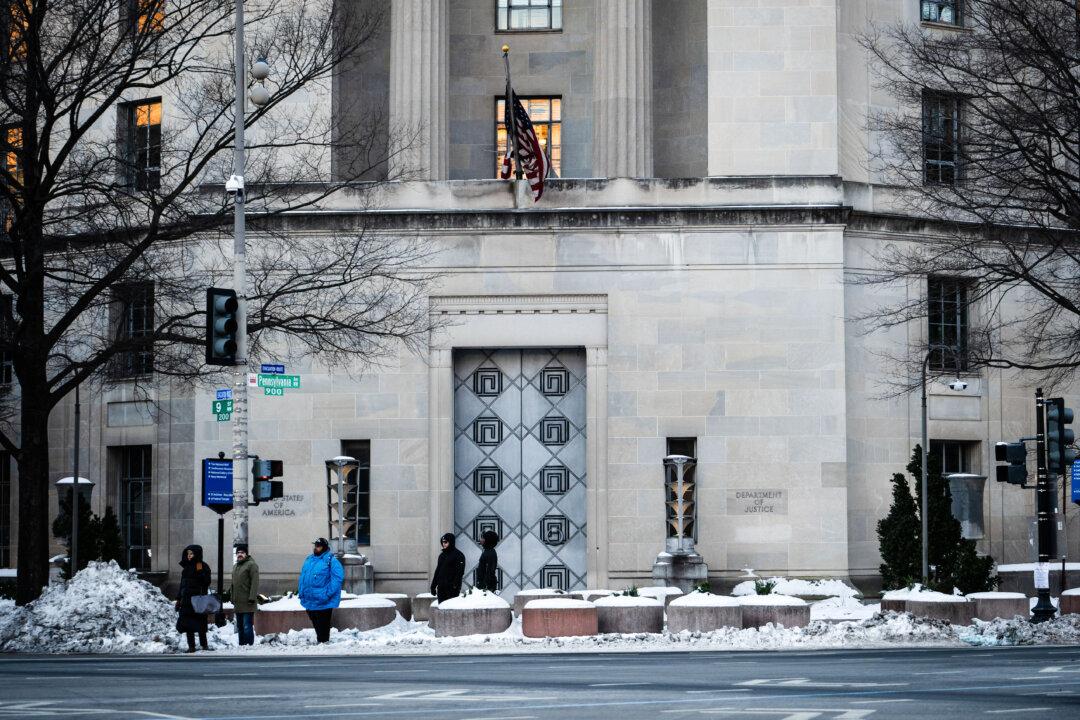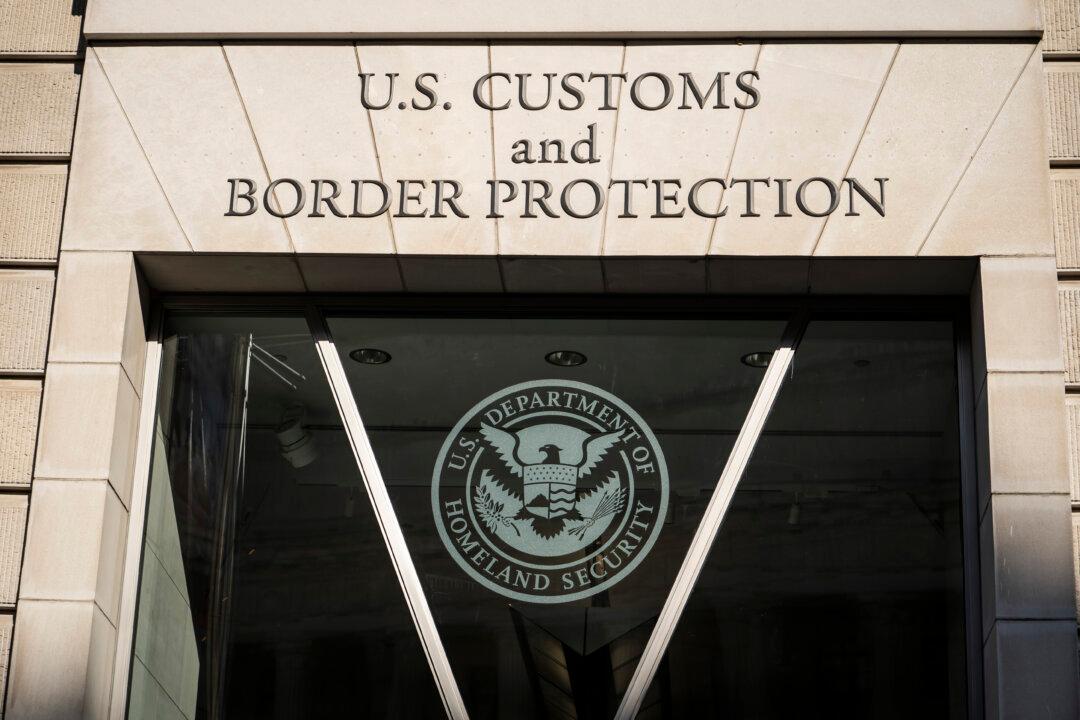The Trump administration warned that more sanctions could be imposed on Hong Kong and Chinese officials, after Beijing passed a resolution that led to the ousting of four Hong Kong pro-democracy lawmakers.
On Wednesday, the Standing Committee of China’s rubber-stamp legislature, the National People’s Congress, passed a resolution outlining conditions under which Hong Kong lawmakers could be disqualified, such as “seeking out external forces to interfere with Hong Kong affairs.”
LegCo
On Thursday, a LegCo session proceeded without the opposition lawmakers. According to local media RTHK, 11 motions proposed by the four disqualified lawmakers were removed from the agenda.According to LegCo quorum rules, the main chamber requires only half of the members to be present, while committees need up to 20 members to function. Thus, LegCo can technically function without the pro-democracy camp.
In the morning, opposition lawmaker Lam Cheuk-ting told local media that 15 lawmakers (excluding the four who were disqualified) were expected to individually hand in their resignation letters that day. He staged a brief protest inside the legislative building by hanging two banners on the wall, with the message: “Carrie Lam has brought calamity to Hong Kong and its people; her infamy will last ten thousand years.”
Around 2:20 p.m. local time, pro-democracy lawmaker Claudia Mo arrived at LegCo to hand in her resignation letter, while carrying a yellow umbrella, an iconic symbol of Hong Kong protests dating back to 2014 when tens of thousands occupied the city’s Central district for nearly 80 days.
Speaking to local media, Mo said she felt sad yet relieved to leave her post because “the pro-Beijing types will just pass anything that the government wants to pass.”
Mo added: “We are quitting the legislature only at this juncture. We are not quitting Hong Kong’s democracy fight.”
About twenty minutes after Mo’s arrival, Lam, Andrew Wan, Wu Chi-wai, and Helena Wong—all lawmakers from the local Democratic Party—showed up to submit resignation letters for themselves and three other colleagues.
Also speaking to local media, Wu said that the “one country, two systems” model was dead, and replaced with “one country, one system.” He called on Hongkongers to persevere in the face of “authoritarian suppression.”
Beijing’s top agency for handling Hong Kong policies, the Hong Kong and Macau Affairs Office (HKMAO), issued a statement on Thursday calling the mass resignation an “open challenge to [Chinese] central authorities and the Basic Law,” Hong Kong’s mini-constitution.
Asked by a reporter about the statement, Wu rejected such a claim.
“From our point of view, it’s clear that Beijing does not respect the Basic Law,” Wu said, adding that “the words coming from the Beijing government will not change our mind.”
The HKMAO also accused the lawmakers of staging a “farce” that served their own “political gains.”
Global Concerns
Several U.S. congress members expressed concerns over the unseating of the four Hong Kong lawmakers.“It is critical that the United States and all allies of freedom come together to recognize and condemn the undeniable and far reaching ramifications of this authoritarian powergrab, which has wiped out what little remained of Hong Kong’s democratic political system and violates China’s treaty obligations,” the senators added.
President of Freedom House Michael J. Abramowitz said LegCo “will be nothing more than a rubber-stamp body for Beijing,” and called on the U.S. administration and other countries to consider sanctions.
Amnesty International’s Asia-Pacific regional director Yamini Mishra said the move was a “politically motivated attempt to legitimize repression of opposition legislators.”
“The authorities should allow all disqualified LegCo members to challenge the decision in court and let the legal process play out,” Mishra concluded.





